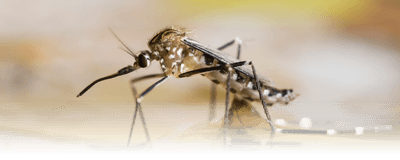dengue virus
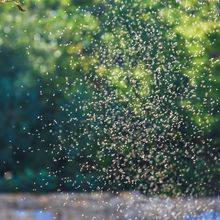
A Tiny but Mighty Helper Stops Mosquito Viruses in Their Tracks
Mariella Bodemeier Loayza Careaga, PhD | Dec 13, 2024 | 10+ min read
Vector biologist Luciano Moreira has been fighting disease-causing pathogens for years. Now he teams up with Wolbachia in this mission.
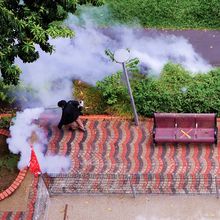
European Medicines Agency Recommends Approving Takeda’s Dengue Vaccine
Katherine Irving | Oct 14, 2022 | 2 min read
In clinical trials, the new inoculation demonstrated greater protection for children and people older than 45 than the existing dengue vaccine.
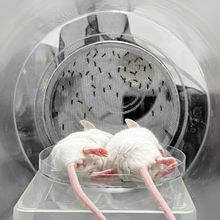
Mosquitoes Drawn to Hosts Infected by Dengue, Zika
Patience Asanga | Jun 30, 2022 | 4 min read
Flavivirus infections alter the skin microbiome of mice to increase the production of a sweet-smelling compound that attracts the viruses’ insect vectors, a study finds.

Wolbachia-Infected Mosquitoes Stymie Dengue’s Spread: Study
Shawna Williams | Jun 10, 2021 | 2 min read
Randomized, controlled research conducted in an Indonesian city confirms the reduction in cases seen with previous observational work.
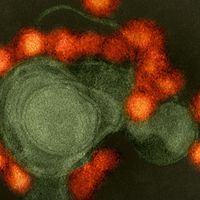
T Cell–Boosting Zika Vaccine Protects Mice from the Virus
Ruth Williams | May 12, 2021 | 4 min read
By avoiding the production of antibodies, something vaccines ordinarily induce, the immunization sidesteps the problem of antibody-dependent enhancement, which can amplify infection by a similar virus and is known to occur with dengue and Zika.
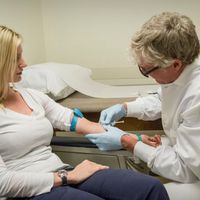
A Challenge Trial for COVID-19 Would Not Be the First of Its Kind
Jef Akst | Oct 8, 2020 | 9 min read
Although scientists debate the ethics of deliberately infecting volunteers with SARS-CoV-2, plenty of consenting participants have been exposed to all sorts of pathogens in prior trials.
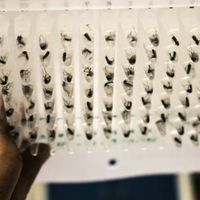
Bacteria-Laced Mosquitoes Limit Spread of Dengue
Amanda Heidt | Aug 28, 2020 | 4 min read
Cases of dengue were greatly reduced in areas of a city where Wolbachia-infected mosquitos were released, according to preliminary data from a field study.
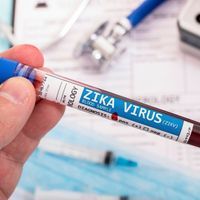
Zika Infection Increases Risk of Severe Dengue Fever
Ruth Williams | Aug 27, 2020 | 4 min read
A study of Nicaraguan children links prior Zika virus infection with aggravated dengue fever symptoms.
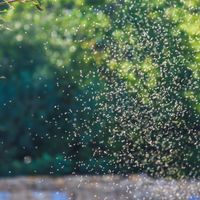
750 Million GM Mosquitoes Will Be Released in the Florida Keys
Lisa Winter | Aug 21, 2020 | 2 min read
There have been no reports of health or environmental harm in other locations where genetically modified mosquitoes have been introduced over the last decade.
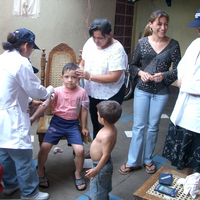
For the Greater Good: A Profile of Eva Harris
Diana Kwon | Jul 13, 2020 | 10 min read
Through groundbreaking studies on dengue and efforts to build scientific infrastructure in Latin America, the University of California, Berkeley, professor has bridged research with its benefits to society.

Dengue Vaccine Trial Results Show Promise, with Caveats
Shawna Williams | Nov 8, 2019 | 2 min read
TAK-003 appears to avoid the safety issues seen with an existing vaccine, but experts say a longer evaluation is needed.

Combination Strategy Nearly Eliminates Invasive Mosquitoes in Field
Abby Olena, PhD | Jul 17, 2019 | 3 min read
Researchers use two techniques—Wolbachia infection and irradiation—to suppress reproduction in populations of Asian tiger mosquitoes at two study sites in China.
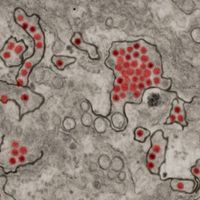
Past Dengue Infection Appears to Protect Children from Zika Symptoms
Carolyn Wilke | Jan 23, 2019 | 1 min read
Children were 38 percent less likely to show signs of Zika infection if they had previously had dengue.
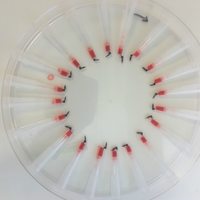
Zika Likes it Warmer than Dengue: Study
Anna Azvolinsky | Aug 15, 2018 | 4 min read
Climate change may open up new habitats suitable for the virus’s spread.
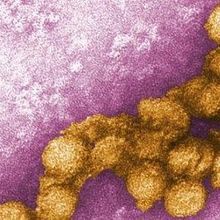
Antibiotics Increase Mouse Susceptibility to Dengue, West Nile, and Zika
Shawna Williams | Mar 27, 2018 | 3 min read
The drugs’ disruption of the microbiome makes a subsequent flavivirus infection more severe.

Dengue Vaccine Program Halted Over Safety Issues
Shawna Williams | Dec 5, 2017 | 2 min read
The drug may worsen future infections for people who haven't already been exposed to the virus.

Immune System Targets Diverse Viruses Using the Same Small Peptide
Catherine Offord | Dec 1, 2017 | 2 min read
A single receptor on natural killer cells recognizes an amino acid sequence conserved across Zika, dengue, and related pathogens.
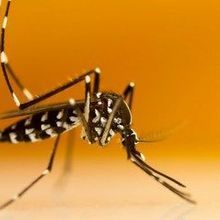
Wolbachia-Laced Mosquitoes to Be Released for Population Control
Katarina Zimmer | Nov 7, 2017 | 1 min read
The US government has approved the deployment of the lab-raised insects to eliminate the Zika- and dengue-transmitting Asian tiger mosquito.
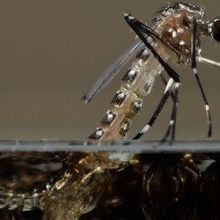
GM Mosquitoes Closer to Release in U.S.
Abby Olena, PhD | Oct 13, 2017 | 4 min read
The EPA is now in charge of regulating the use of Oxitec’s strain of Aedes aegypti, genetically engineered to reduce populations of the insects.
